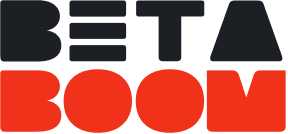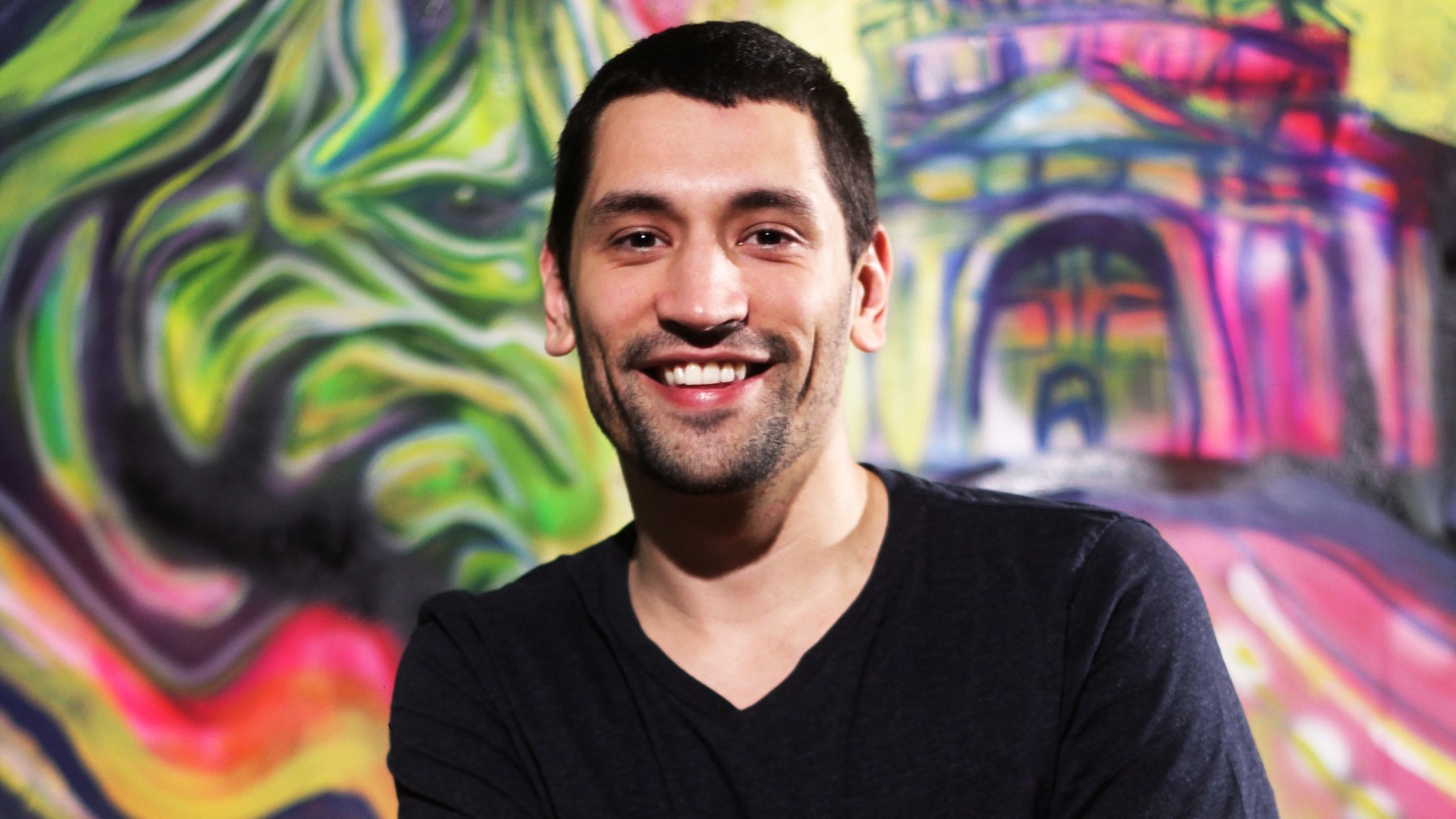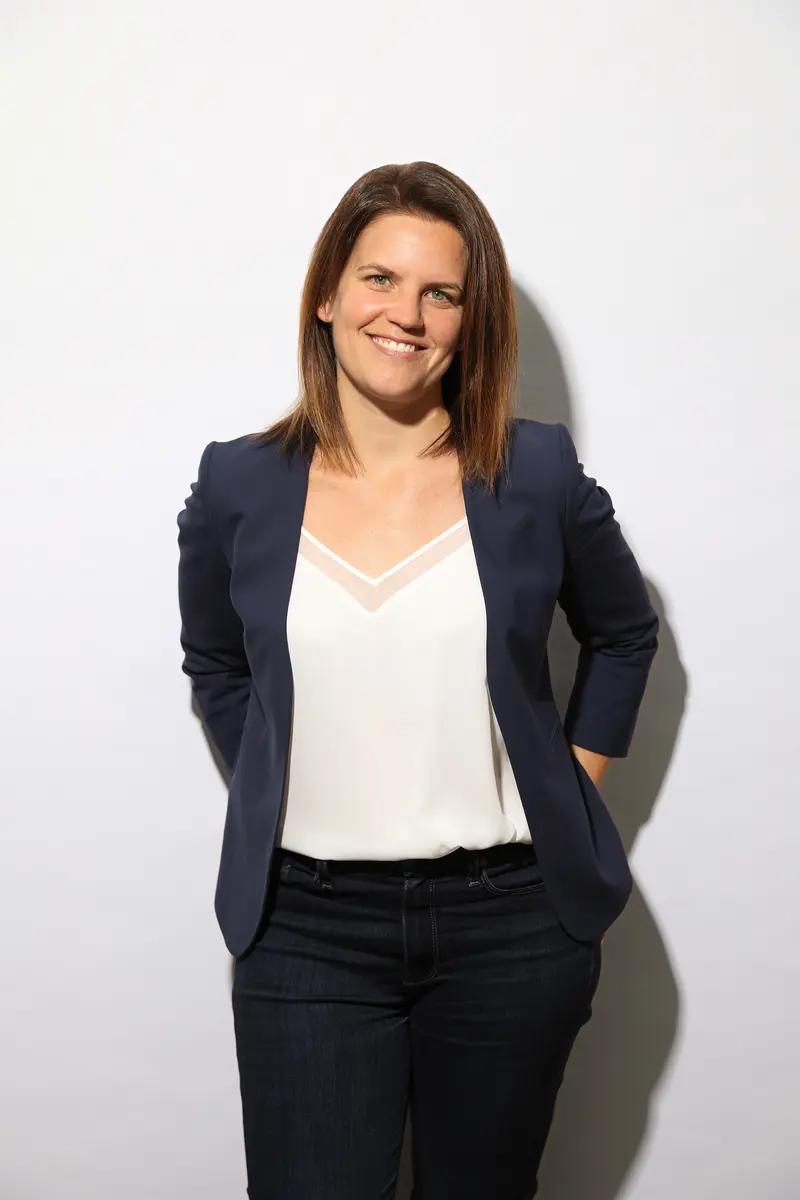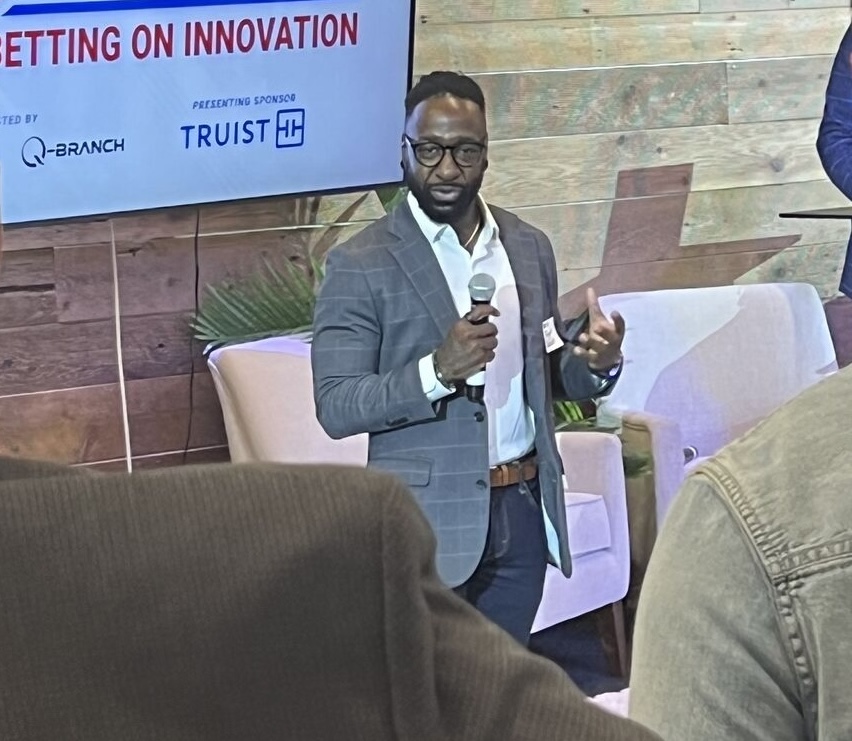Idit Levine’s journey from a professional basketball player to a prominent tech executive was full of extremes.
The future founder and CEO of Solo.io spent her childhood running circles around neighborhood kids until sundown, forging a fierce competitive drive that would define her career.
That same strategic spirit propelled her from professional athlete in Israel to a sought-after software engineer in the United States. As she moved from one startup to the next, tackling increasingly complex technical challenges, a new idea began to form: she could succeed on her own.
In 2017, Levine launched Solo.io to solve complex challenges in the cloud-native ecosystem. The company, which provides cloud connectivity through its API gateway and service mesh products, was a resounding success. By 2021, a $135 million Series C round valued the Cambridge-based company at over $1 billion, cementing its status as a unicorn.
This milestone made Solo.io a rare success story, standing as one of the few billion-dollar startups led by an immigrant woman – and she’s just getting started.
Always Outsmarting Competitors
Levine was raised jointly by her parents and grandparents, the latter of whom were World War II refugees who settled in Israel. Her parents, an electrical engineer and a school administrator, worked during the day while her grandmother cared for the four children, filling their small home with good food and love.
She told Business Insider her grandmother often worried about her, asserting, "Who's going to marry you?" because she didn't know how to cook.
But the self-described "wild child" had little time for such domestic concerns, preferring instead to play basketball with the neighborhood children from after school until sundown. She joined her first team at 13, which fueled her already competitive drive. She quickly outshone her peers, earning a spot on the professional women's team Elitzur-Holon at just 17, despite being 5-foot-8.
Her physical stature and young age forced her to outthink her competitors rather than overpower them, and she learned to quickly analyze opponents for weaknesses.
She wasn't the quickest or tallest, but she was one of the smartest, which was her greatest strength. This intense spirit now guides how she builds her company.
Path to Solo.io
After completing her mandatory military service in Israel at 18, Levine embarked on her academic career. She began to teach herself how to code and earned a Bachelor of Science degree from Bar-Ilan University with dual majors in computer science and biology – all while continuing to play basketball professionally.
Eventually, she reached a point where she had to choose between her love of basketball and her new path in computer science; the latter just made more sense.
This decision set her on a path to the United States. After marrying her high school sweetheart at 24, they moved first to San Diego and eventually to Boston. She followed in the footsteps of her elder siblings by entering the technology industry.
“Throughout this time, I worked as a software engineer for DynamicOps and EMC Dell, as well as several other start-ups and large companies,” she told TechRound. “But in the back of my mind I was waiting for the right time to start my own company.”
This ambition and technical foundation led Levine to found the cloud networking and API management company Solo.io in 2017.
“Becoming a founder was always a dream of mine and I recognised an opportunity to make it a reality when companies began moving from traditional, monolithic architectures to adopting cloud computing,” she went on to tell TechRound.
Mistakes and Rewards
That drive has taken her far.
The cloud connectivity company, whose main products are the cloud-native API gateway Gloo Gateway and the service mesh manager Gloo Mesh, achieved a significant milestone in 2021 when it reached a valuation of $1 billion – a tenfold increase since its previous round in October 2020.
But reaching the coveted unicorn status wasn’t easy. Levine is candid about her founder's journey as a "solo" woman founder and the mistakes she's made along the way, as well what she got right.
For example, launching in Boston so her husband could remain professor at Harvard, Levine’s company started from a disadvantage when it came to fundraising, especially outside of Silicon Valley – she didn’t even know the etiquette of pitching.
But with the help of mentors and gaining initial awareness through developing open-source software and speaking at conferences, it created a virtuous circle. People began to recognize the significant value of their projects.
The unicorn continues to evolve, recently focusing on AI with products like its MCP gateway and the donation of its agentgateway project to the Linux Foundation.
But for Levine, from the beginning, the goal of Solo.io was not about coming up with an idea to solve a problem.
“The main thing at Solo.io, and I think this is the biggest point, is that it’s a place for amazing technologists, to deal with technology, and, beyond the top of innovation, figure out how to change the world, honestly,” Levine told The New Stack.





